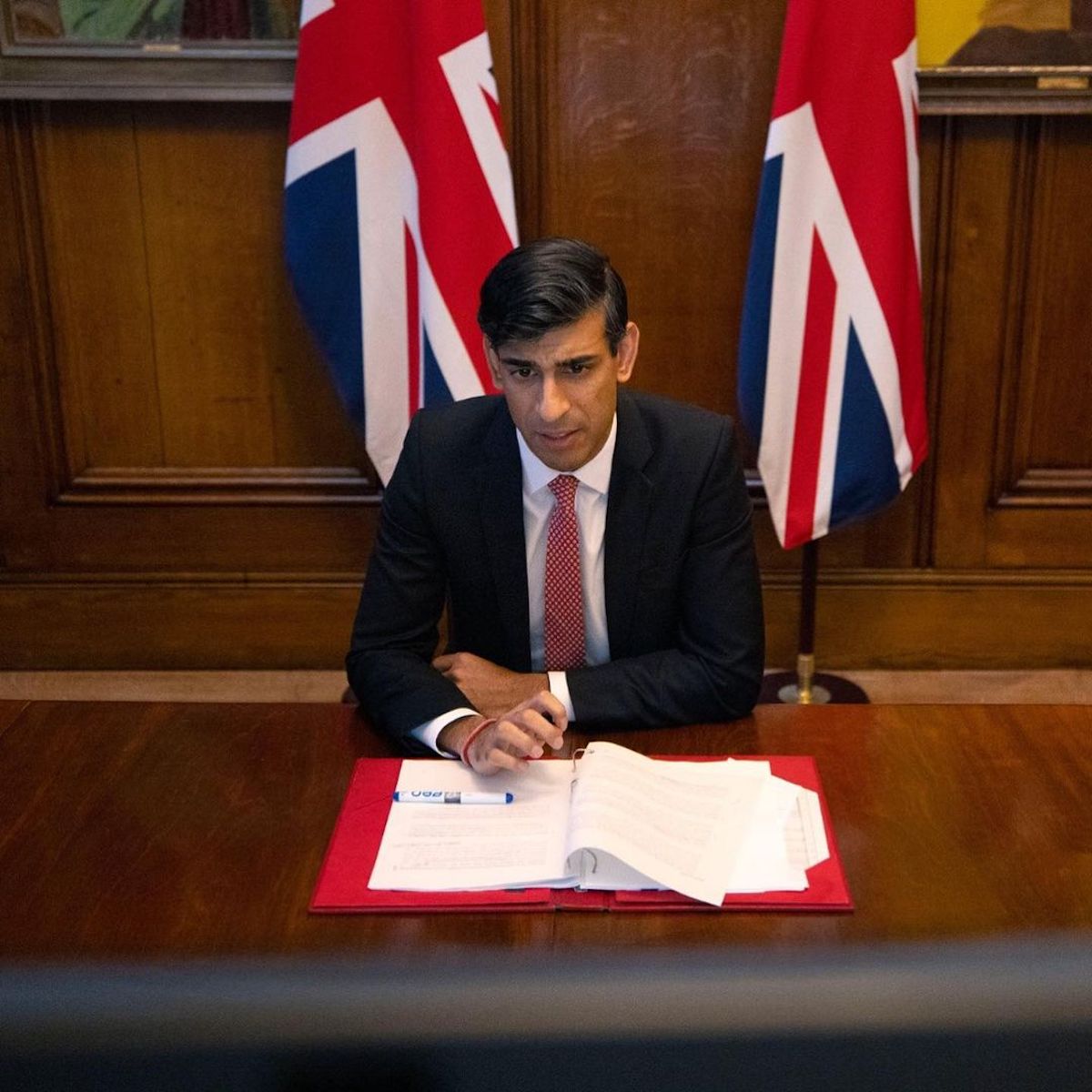If Rishi Sunak has established the extension of the furlough until September, he has also confirmed that it will not extend the increase of £20 per week to households, which are likely to fall.
Rishi Sunak cuts Universal Credit
After the confirmation of the cut in economic support from next October onwards, there is fear for the well-being, sustenance and psychological health of families.
The decision and the criticism
The Chancellor’s decision, in fact, is not shared by activists or by parliamentarians, who say respectively that, in doing so, there is a risk of significantly lowering the benefits and that the extension of the latter should be extended for at least one year. Furthermore, it is expected that households – especially the poorest – will experience a decline of about 7% in their total income.
The Chancellor, however, seems firm on his decision and does not even approve of a possible extension of the provision of Universal Credit for another six months, because that would mean going out of line with the national bloc. In addition, in order to make it easier for the population, he said that he had decided not to gradually reduce the payment of £20, but to always provide the same amount and stop it drastically. It believes that this approach is more generous than cutting the figure in part since the summer.
Nevertheless, Sunak also made it clear that for those who pay a rent of up to £600, the financial support will be extended for six months. Meanwhile, many charities are ready to press for further action to extend credit, to avoid plunging people with disabilities and those in difficulty into poverty.
Many members of charities, such as Helen Barnard, director of the Joseph Rowntree Foundation, say that this extension makes no sense, because, once it is over, it could plunge families even further into misery and exacerbate unemployment, at a time when all the population needs are work or a way of sustaining themselves economically.

